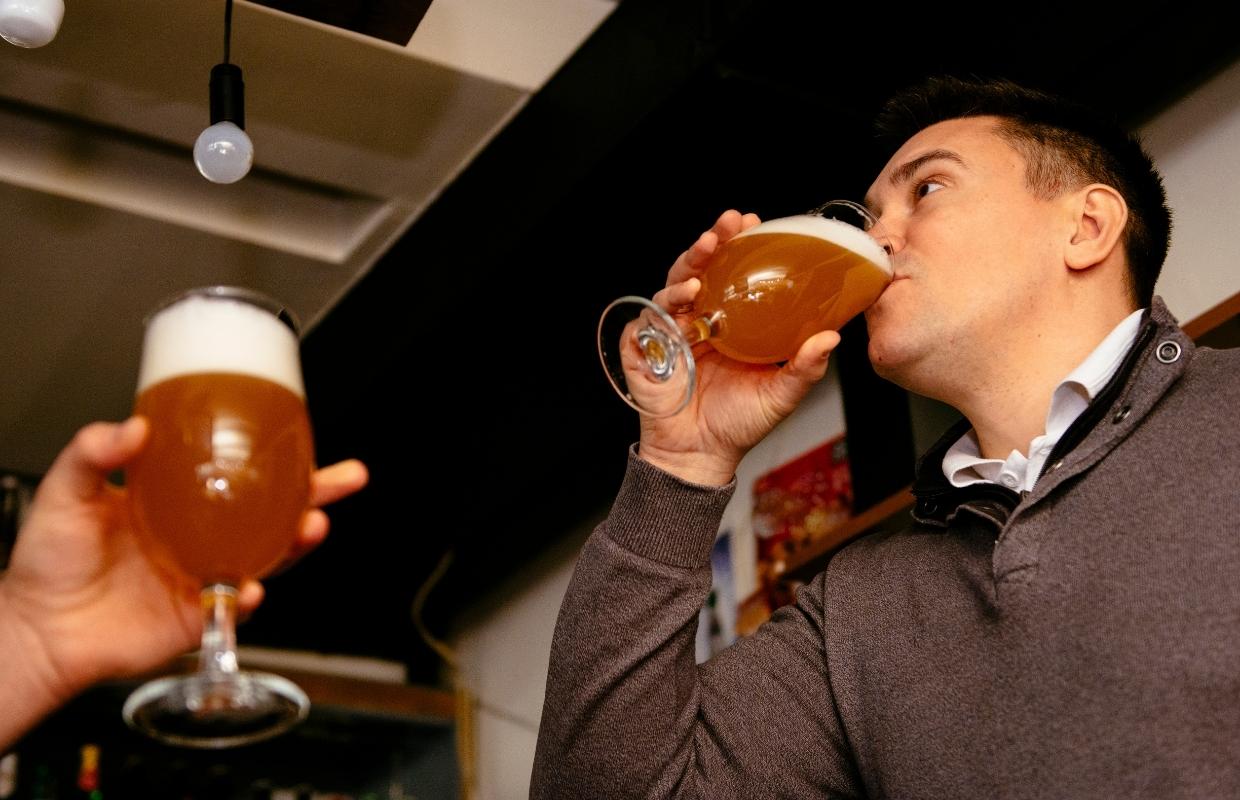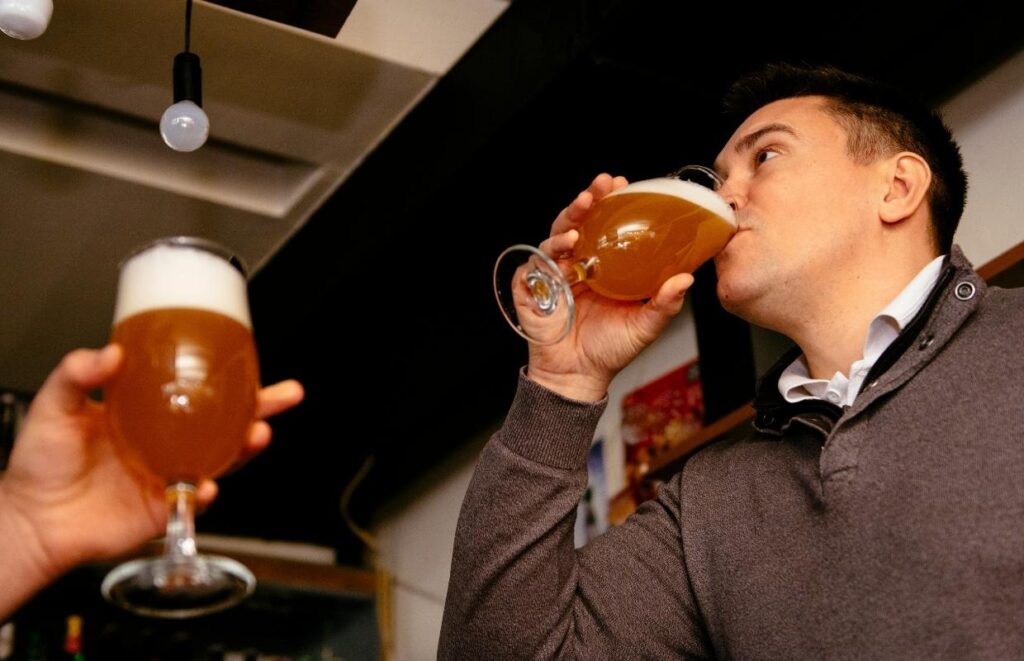Psychological Causes of Binge Drinking Among Young Adults
Binge drinking among young adults happens when they consume more than what is considered a safe level of alcohol while drinking alcohol socially or alone.
Binge drinking among young adults happens when they consume more than what is considered a safe level of alcohol while drinking. The number of drinks considered safe to consume is one or two drinks within two hours. Yet, binge drinkers consume 4-5 or more drinks on a given occasion.
Binge drinking is considered the most dangerous alcohol-consuming behavior and is common among younger generations. Alcoholism will affect many people who binge drink, or they will experience medical problems, accidents, and other harmful or deadly consequences when they binge drink.
Over 90% of US adults who drink excessively report binge drinking. Binge drinking is defined as consuming five or more drinks on occasion for men or four or more drinks for women. (CDC)

What Are the Characteristics of Binge Drinking?
Researchers published the personality traits linked to people who binge drink. Their objective is to improve the outcomes of Binge Drinking (BD) diagnosis and treatment.
The pattern of alcohol consumption in binge drinking (BD) or heavy episodic drinking has increased worldwide, especially among adolescents and young people. The main characteristics of personality related to the practice of BD, regardless of the theoretical model used, according to the Journal of Psychiatry, include the following:
- High Impulsivity
- High Sensation Seeking
- Anxiety Sensitivity
- Neuroticism (Hopelessness)
- Extraversion and Low Conscientiousness
Is There a Difference Between Binge Drinking and Alcoholism?
The behaviors of a binge drinker and that of an alcoholic will look similar as both conditions consume large amounts of alcohol. Yet, alcoholics will not rest or pause their drinking as binge drinkers do. The day after a binge drink, if the person is not an alcoholic, they will not drink- but an alcoholic will. The other difference between these disorders is whether or not the individual is identified as at risk for developing alcoholism.
Factors for risk include a history of trauma, abuse or neglect, and a family history of alcoholism. Yet the underlying personality traits of binge drinkers and alcoholics share numerous similarities. Alcoholics are impatient, look for ways to self-medicate, suffer from anxiety and depression, and are less self-aware.
The Hidden Dangers of Binge Drinking
A person’s health and well-being can suffer from frequent bouts of binge drinking. Not unlike heavy alcohol consumption or alcoholism, people who binge drink struggle emotionally. Binge drinking can have serious, adverse effects on the brain and body and puts someone at risk for:
- Alcohol poisoning
- Liver disease
- Stroke
- Psychiatric disorders
- Motor vehicle accidents
- DUI’s
- Blackouts
- Falls
- Risky sexual behaviors while drunk
- Alcohol withdrawal symptoms
What Treatment Programs Help Binge Drinkers?
The treatment available for people who binge drink is evidence-based and focuses on behavioral therapy and in-depth counseling. People looking to escape through alcohol and binge drinking are trying to change how they feel. This indicates that something is bothering them.
For many binge drinkers, the social pressure to fit in is enough to trigger anxiety and, therefore, relief seeking in the form of alcohol. Young adults and teens are especially vulnerable to the trend of binge drinking. We recommend inpatient treatment for anyone who binges to help them heal emotionally and mentally with therapy.
Rehab for Binge Drinkers is Available!
At Evoke Waltham, our programs are personalized to meet the needs of each patient. We offer specialized treatment programs that focus on their level of alcohol use, and our in-depth therapy includes cognitive-behavioral therapy, motivational interviewing, dialectical behavioral therapy, holistic therapy groups, and individual counseling.
Do not let binge drinking kill you or your loved one. Treatment works to help the person let go of why they binge drink and the desire to do it. Call us for an immediate conversation about our binge drinking and alcoholism treatment programs.


